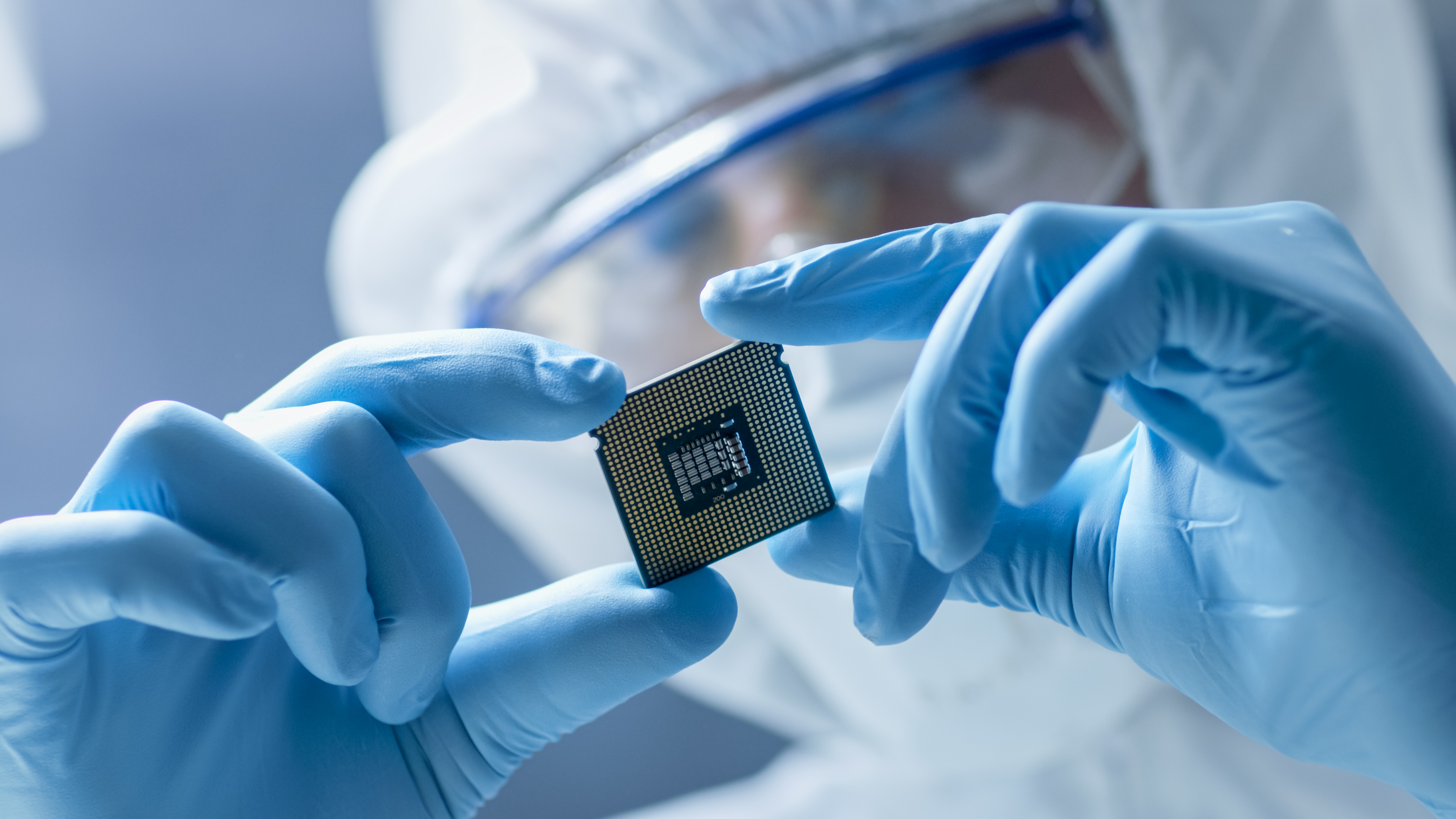Revolutionizing Aerospace Manufacturing with Industrial CT for aerospace Scanning Technology
2025-04-17 00:00
The aerospace industry is known for its commitment to precision, safety, and innovation. With the increasing complexity of aerospace components and the stringent demands for reliability and performance, the need for advanced inspection technologies has never been greater. Industrial CT for aerospace is leading the way, offering a non-destructive, high-resolution solution to inspect and analyze the intricate details of aerospace parts, ensuring that they meet the highest safety and quality standards.

What is Industrial CT Scanning in Aerospace?
Industrial CT for aerospace is a cutting-edge technology that uses X-rays to create detailed 3D images of the internal structures of materials and components. In the aerospace industry, this technology is used to inspect critical parts such as turbine blades, engine components, aircraft structural elements, and complex composite materials. The ability to visualize the internal structure without damaging the part offers manufacturers unprecedented insight into the integrity of their products.
Key Benefits of Industrial CT Scanning for Aerospace
Non-Destructive Testing: One of the most significant advantages of Industrial CT scanning is its non-destructive nature. Aerospace components, especially those made of expensive, high-performance materials, can be inspected without the risk of damage. This ensures that valuable parts remain intact while still undergoing thorough analysis.
High-Resolution, Detailed Imaging: Aerospace components often feature intricate designs and complex internal structures that are difficult to inspect using traditional methods. Industrial CT scanning provides ultra-high-resolution 3D imaging, revealing even the smallest imperfections, such as voids, cracks, or misalignments within metal alloys, composites, and other materials.
Enhanced Quality Control: With the ability to detect hidden defects early in the production process, manufacturers can avoid costly recalls and improve the overall quality of their products. The technology helps ensure that every part is built to the exacting standards required for safe and reliable aerospace applications.
Reduced Inspection Time: Industrial CT scanning streamlines the inspection process, significantly reducing the time it takes to evaluate components. By delivering detailed, real-time 3D models, engineers can quickly identify potential issues and make necessary adjustments, ensuring faster production cycles and a quicker time-to-market for aerospace products.
Cost Efficiency: The ability to perform comprehensive internal inspections without destructive testing reduces the need for rework and scrap material. This leads to lower production costs and minimizes waste, making industrial CT scanning an economically viable solution for aerospace manufacturers.
Increased Reliability and Safety: The aerospace industry is inherently safety-critical, and the performance of each component directly impacts the safety of the entire system. Industrial CT scanning helps ensure that every part meets rigorous safety and performance standards, leading to greater overall reliability in aircraft, spacecraft, and their components.
Applications of Industrial CT in Aerospace
Turbine Blade Inspection: Turbine blades are one of the most critical components in aircraft engines. Industrial CT scanning provides detailed insights into the internal structure of turbine blades, allowing engineers to detect minute flaws such as cracks or erosion that could lead to engine failure.
Composite Material Evaluation: The aerospace industry increasingly uses lightweight composite materials for aircraft structures. These materials, though beneficial for reducing weight, can have internal defects that are difficult to detect. Industrial CT for aerospace offers a reliable method for inspecting composite materials, identifying issues like delamination or voids that could compromise strength and safety.
Additive Manufacturing: As additive manufacturing (3D printing) becomes more prominent in aerospace, ensuring the quality of printed parts is essential. Industrial CT scanning enables thorough inspection of 3D-printed components, checking for issues like porosity, structural defects, or deviations from design specifications.
Structural Integrity of Aircraft Parts: From fuselage to wings, industrial CT scanning is used to evaluate the structural integrity of essential aircraft parts. It ensures that each component meets the necessary strength and durability standards to withstand the stresses of flight.
The Future of Aerospace Manufacturing with Industrial CT Scanning
As the aerospace industry continues to push the boundaries of innovation with new materials and designs, the role of Industrial CT Scanning will only grow in importance. It will enable manufacturers to continue producing safer, more efficient, and more reliable aerospace components while maintaining the highest levels of quality control and minimizing production risks.
With its ability to provide non-destructive, detailed internal analysis, industrial CT scanning is an indispensable tool for modern aerospace manufacturers. By adopting this advanced technology, companies can enhance the quality of their products, reduce costs, and ensure that every component meets the rigorous demands of aerospace applications.
To discover how Industrial CT for aerospace can benefit your aerospace manufacturing process, contact us today for more information. Together, we can pave the way for the future of aerospace innovation.








